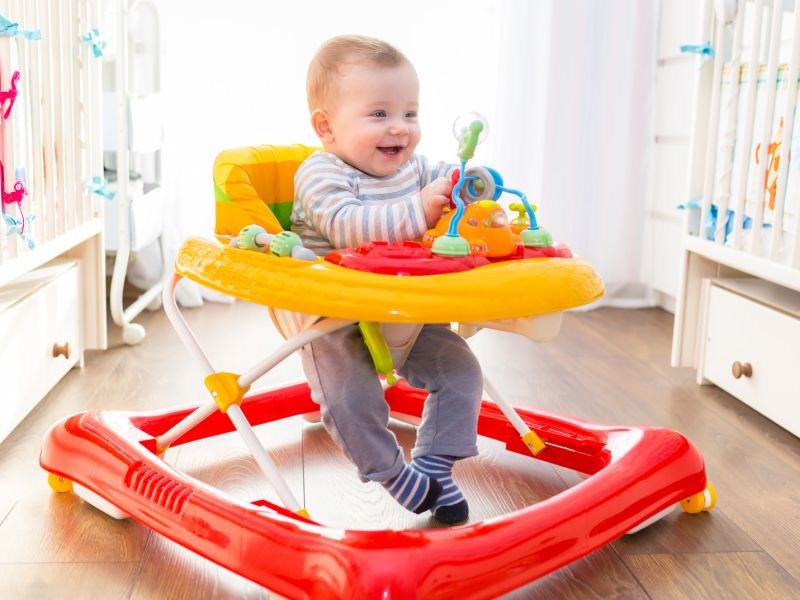
For many children with asthma, coughing is an early warning sign of a flare-up, an expert says. Understanding asthma and knowing what to expect can help parents prevent or lessen the severity of asthma attacks, said Dr. Ronald Ferdman, a pediatric allergist-immunologist at Children’s Hospital Los Angeles. He provided the following tips to help parents… read on >




























